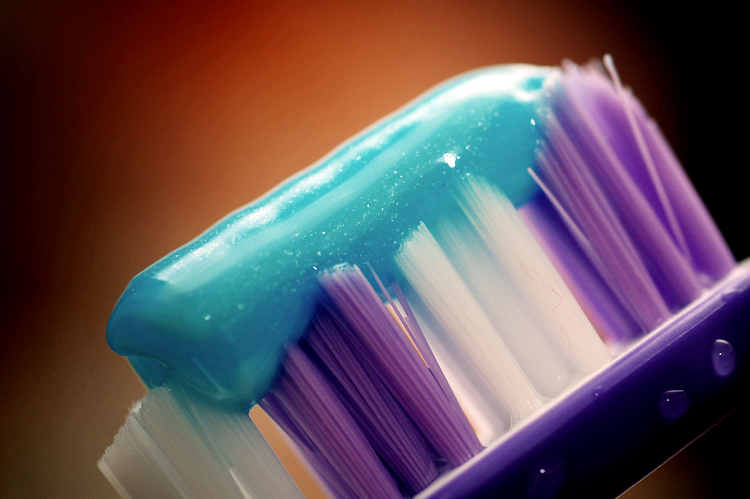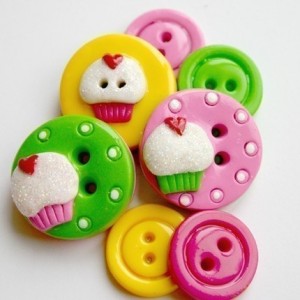
Have you ever had a tooth pulled out by a dentist? If you did, you may have noticed something odd. The roots were probably still attached to the tooth, unlike when a tooth falls out normally. What happens to the root of a tooth, how do teeth grow and why is it important that you take care of them? Samantha Gouldson investigates!
How do our teeth grow?

In this xray of a 9 year old’s teeth, you can see the two rows of teeth, with the permanent teeth pushing the baby teeth out. Image Credit.
Did you know that when humans are born we already have all our teeth inside our jaws? The first set is known as deciduous (pronounced dess-id-you-us) or milk teeth and these are close to the surface, beneath the gums. They usually grow up into the mouth sometime between 8 months and 3 years of age and begin to fall out at around 6 years.
A milk tooth gradually becomes loose and wobbly because its root is slowly dissolving to make way for the adult tooth beneath. That’s why when children lose their milk teeth there often seems to be a hole or a gap at the base; when a tooth is removed by a dentist it usually still has its root attached.
The second set (known as permanent or adult teeth) then begins to move upwards and replace the milk teeth. This happens gradually throughout childhood and adolescence and ends when the wisdom teeth emerge into the mouth, usually in the late teens or early twenties.
What are our teeth for?
Each kind of tooth has a specific task that it’s best suited for. Starting at the front we have sharp teeth with squared-off ends – these are incisors and their job is to cut through food as we bite into it.
Next to them you’ll notice pointed teeth – these are called canine teeth or fangs, and they are ideal for piercing food and tearing it once the incisors have made the first cuts.
Moving further away from the front we have small flat-surfaced teeth called premolars, and then towards the back of the mouth we have larger flat-surfaced teeth called molars.
Both premolars and molars have the same job, and that’s to grind our food and reduce it to a paste so it can be easily swallowed and digested.
What are teeth made of?
The outer layer of the tooth is made from enamel, the hardest substance in the human body. Beneath that is a hardened tissue called dentine. beneath that, in the centre of the tooth, is the pulp cavity; this is where the blood vessels and nerve fibres supply nutrients and sensation. The pulp extends into the rooth of the tooth, which is housed in a socket in your jaws.
Why do we have 2 sets of teeth?

If a tooth is prevented by other teeth from erupting fully into the mouth, we say it is ‘impacted’. In this case, it may lead to infections, and have to be removed by the dentist. Photo credit
Because of our large brains, human infants have to be born at a very early stage in our development. There are only 20 milk teeth and they’re noticeably smaller than adult teeth.A full set of adult teeth (32 if you include the wisdom teeth) just wouldn’t fit in a child’s mouth, and it’s thought that this is why we have two sets.
Wisdom teeth are usually the last to emerge. Some scientists believe that we have these because early humans ate a tougher diet and needed larger molars for grinding our food. Unfortunately our jaws have become smaller since then, and wisdom teeth can sometimes cause problems if there isn’t room for them.
Why do we need to keep our teeth clean?
Our mouths are full of bacteria (microscopic organisms). Some types of bacteria help keep our mouths healthy but some are less helpful. These kinds combine with tiny particles of food and saliva to form plaque, an acidic film that builds up on our teeth. If left alone this plaque will begin to soften the enamel, eventually causing a small hole called a cavity.
If the cavity is left untreated instead of being filled by a dentist, the plaque and bacteria will begin to eat away at the dentine. As this is much softer than enamel it will decay faster, until the plaque and bacteria reach the nerves in the pulp of the tooth. This is extremely painful and difficult to repair.
Brushing your teeth can help prevent this decay, because toothpaste not only removes the plaque from the surface of your teeth but also strengthens the enamel so that your teeth are more able to resist the plaque-forming bacteria. In order to give your saliva time to neutralise acids from your food and drinks you shouldn’t brush your teeth until at least an hour after eating.
When you do brush them, take at least 2 minutes to do it and make sure that you clean all the surfaces and get into all the nooks and crannies. Dentists recommend that your brush your teeth before going to bed at night, and at once other point during the day; it doesn’t matter whether you use an electrical toothbrush or a manual one as long as you are thorough.




